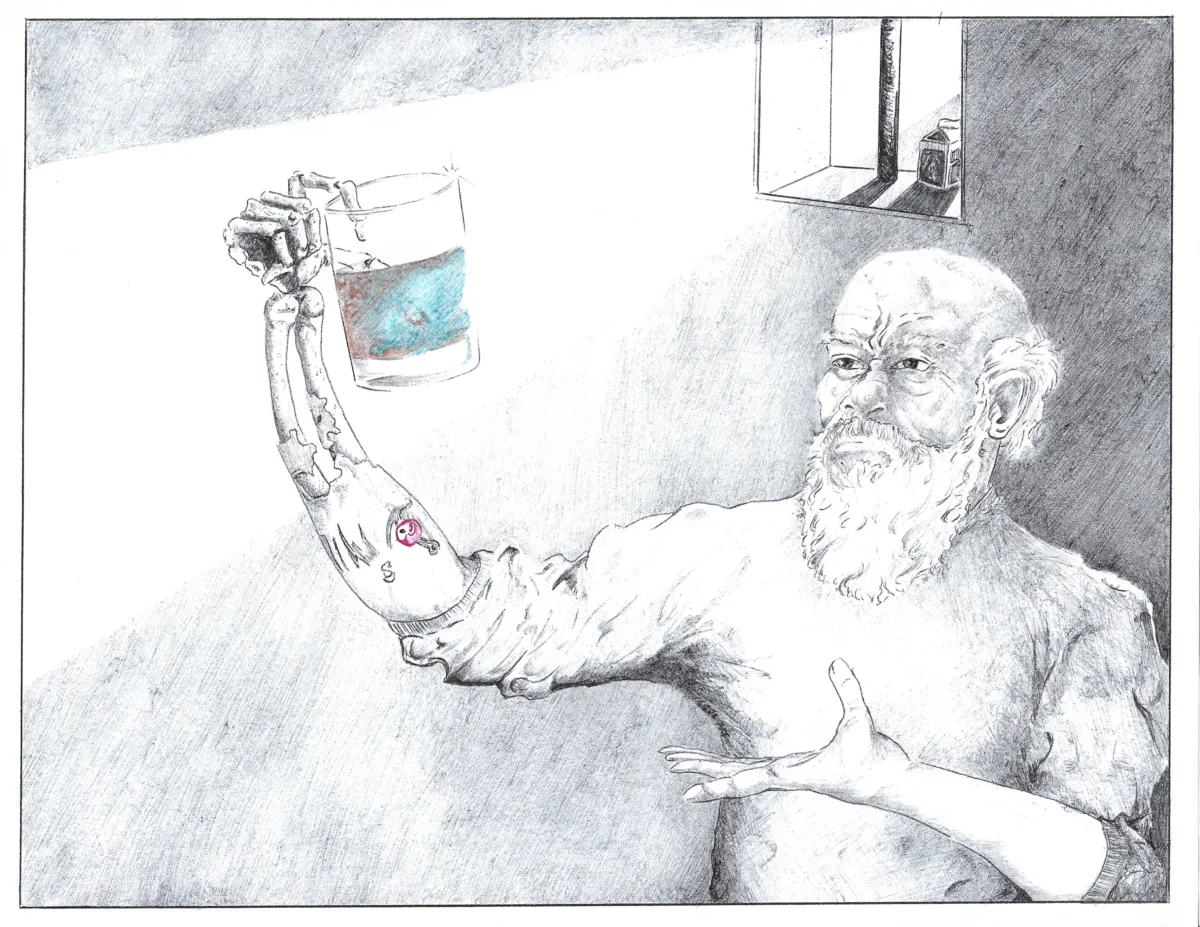
“If You Want to Live, Don’t Drink the Water”
After mystery illnesses and toxic reports, prisoners at California’s Mule Creek State Prison worry their water is killing them.

After mystery illnesses and toxic reports, prisoners at California’s Mule Creek State Prison worry their water is killing them.
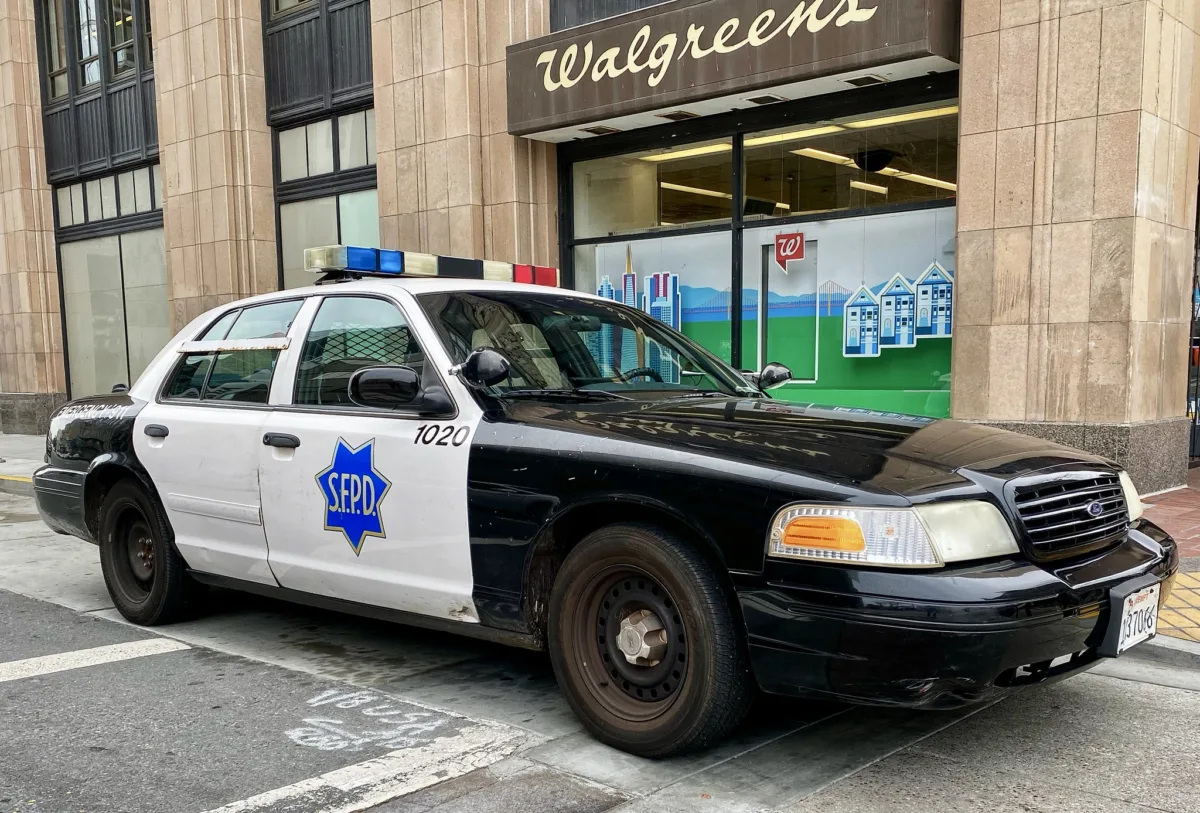
The “crime panic” was a myth. But an analysis by The Appeal shows the narrative helped local police buy facial recognition software, drones, license plate readers, social media surveillance tech, and more.
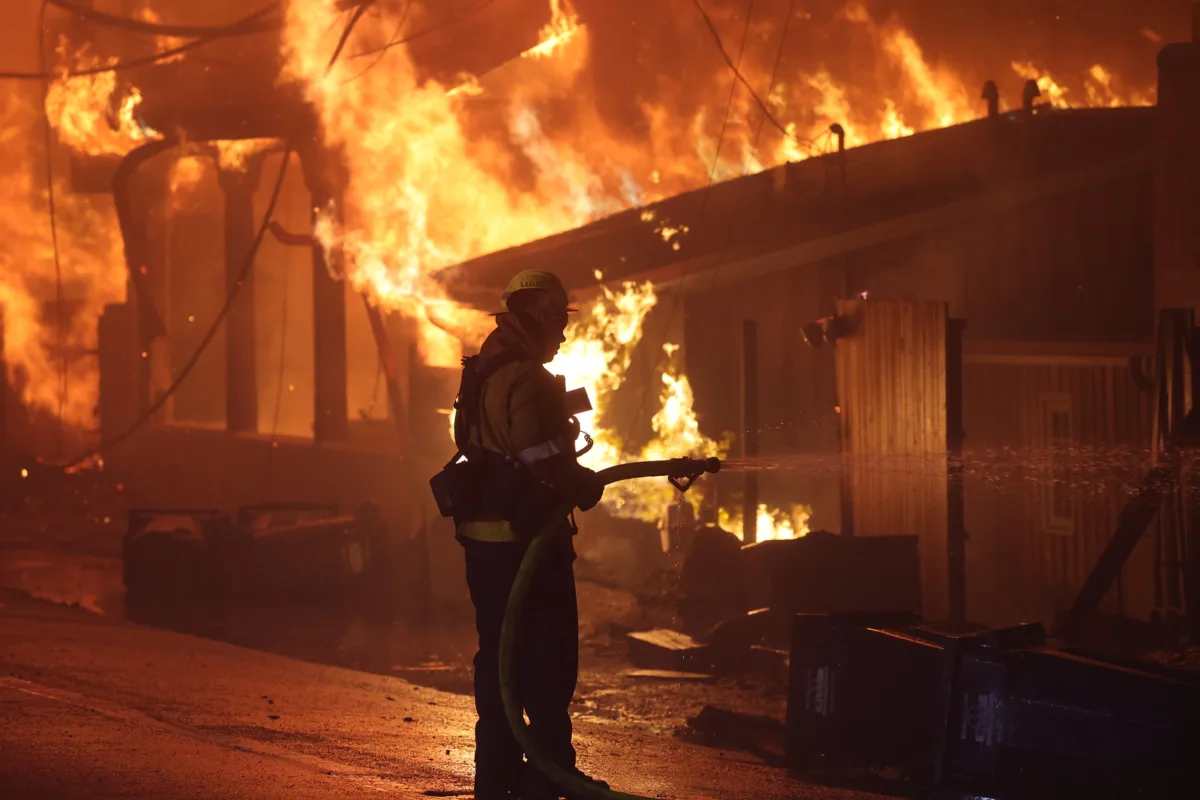
The Appeal contacted 38 facilities to ask how they’re preparing for air quality issues and possible evacuations and power outages. Thousands of people—including hundreds of children—sit in potentially impacted facilities.

I spent years visiting prisons and courts. At every turn, facilities forced me to comply with invasive searches that left me feeling sexually violated.
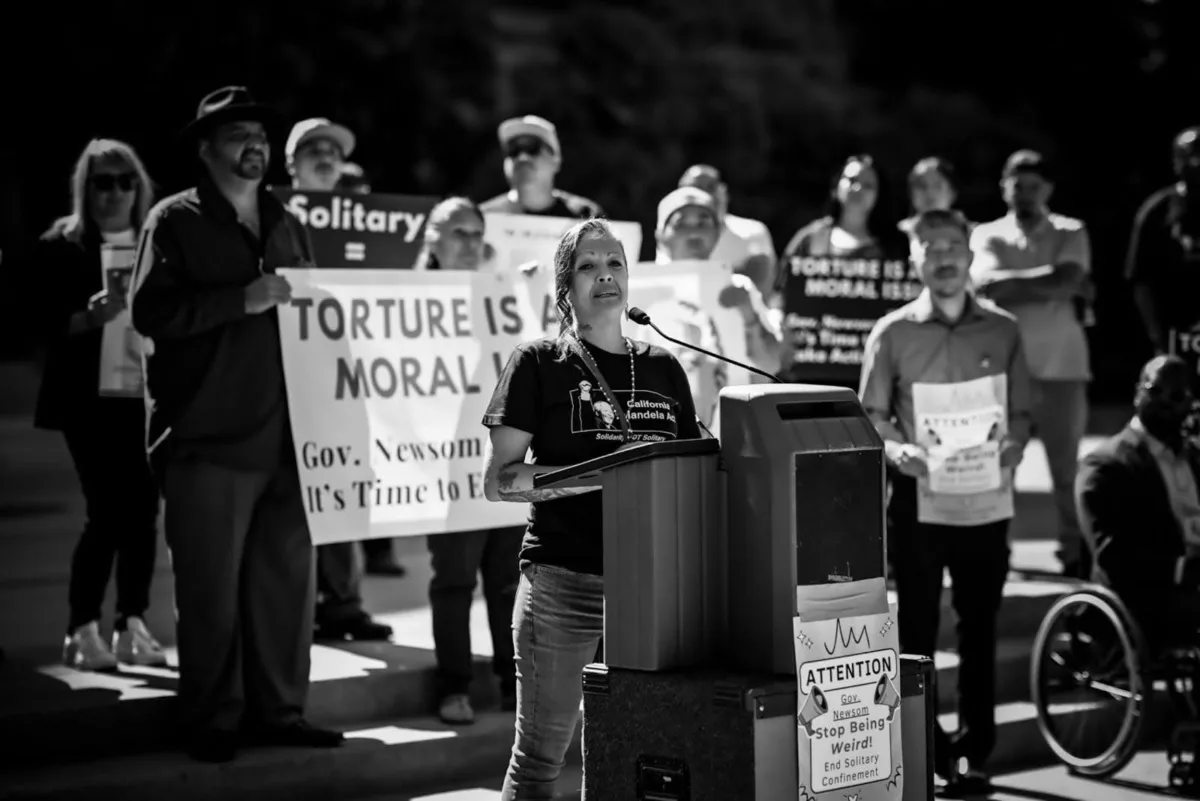
Formerly incarcerated Californians say that if Gavin Newsom wants to keep touting his record as a “progressive,” he should stop vetoing bills that ban or restrict solitary confinement.
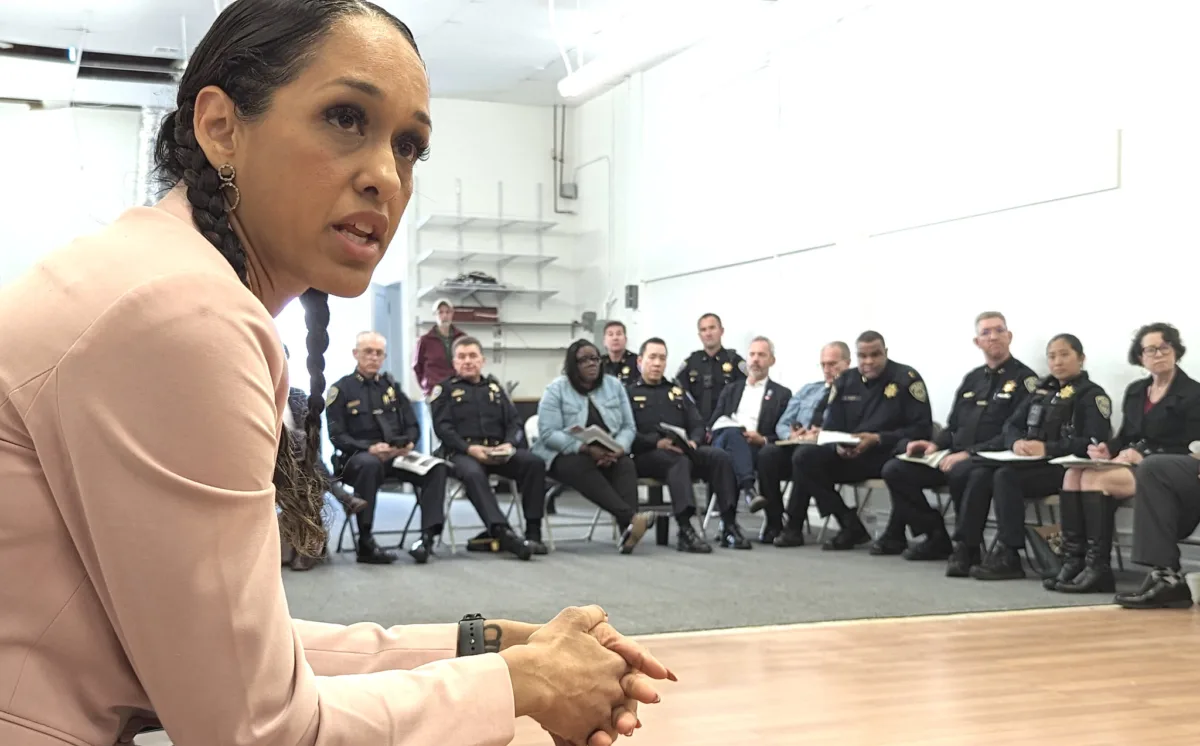
After a moral panic about crime, San Francisco’s billionaires and political leaders demanded more arrests. Pretrial detainees are now seeing the harmful effects.
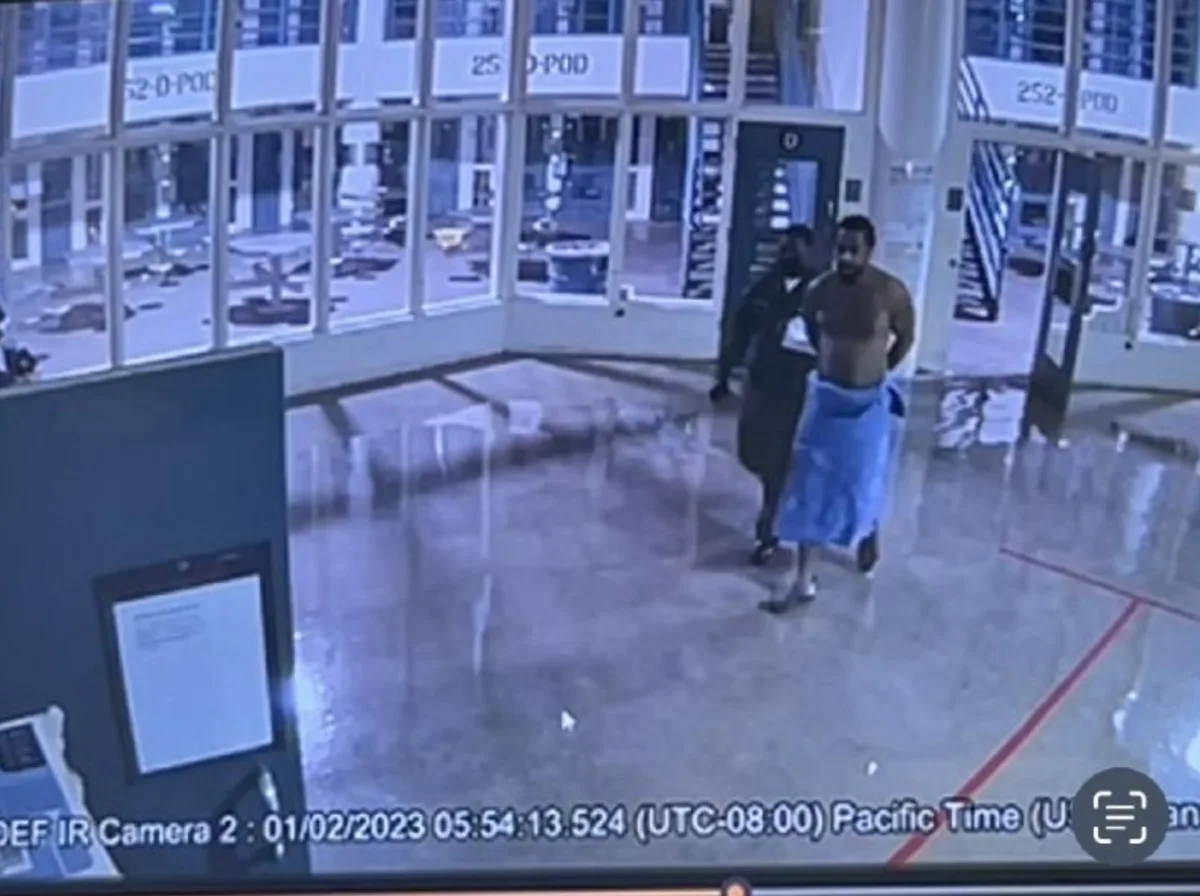
Los Angeles Sheriff Robert Luna said that, as of Oct. 18, deputies can no longer join internal gangs. But after stonewalling and hiding footage from my family for more than a year, I don’t believe Luna’s words mean much.
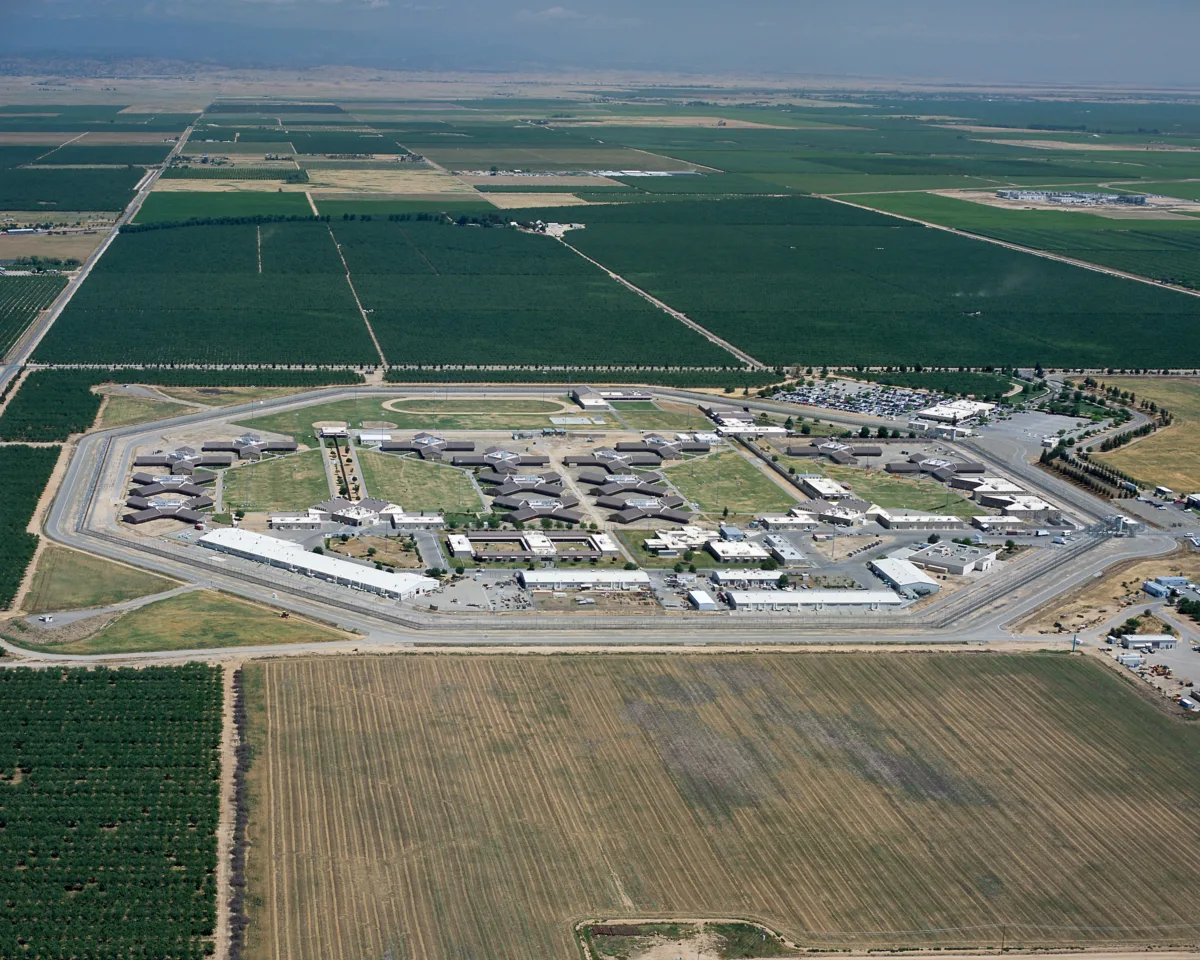
Correctional officers allegedly used chemical spray and pepper bombs against women in handcuffs at Central California Women’s Facility.

With heat waves sweeping across the country, incarcerated people in states with traditionally milder climates are facing brutal conditions that have long plagued the South and Southwest. A survey by The Appeal reveals that many of the hottest states house prisoners in units without air-conditioning.
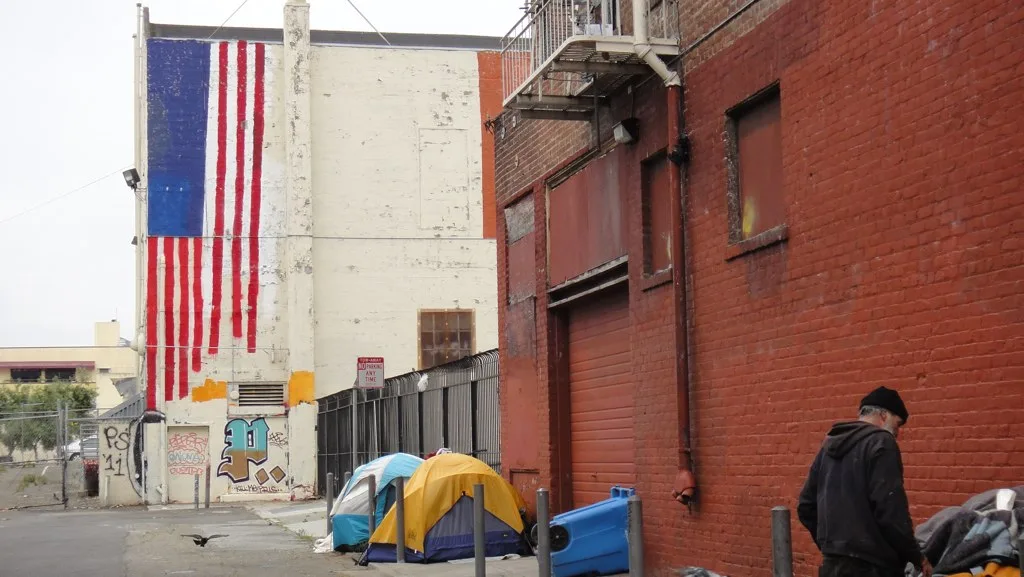
In the two months since the court’s decision in Grants Pass, an analysis by The Appeal finds that dozens of municipalities have passed or proposed new camping bans that levy the possibility of fines, tickets, or jail time against unhoused residents. More are sure to follow.
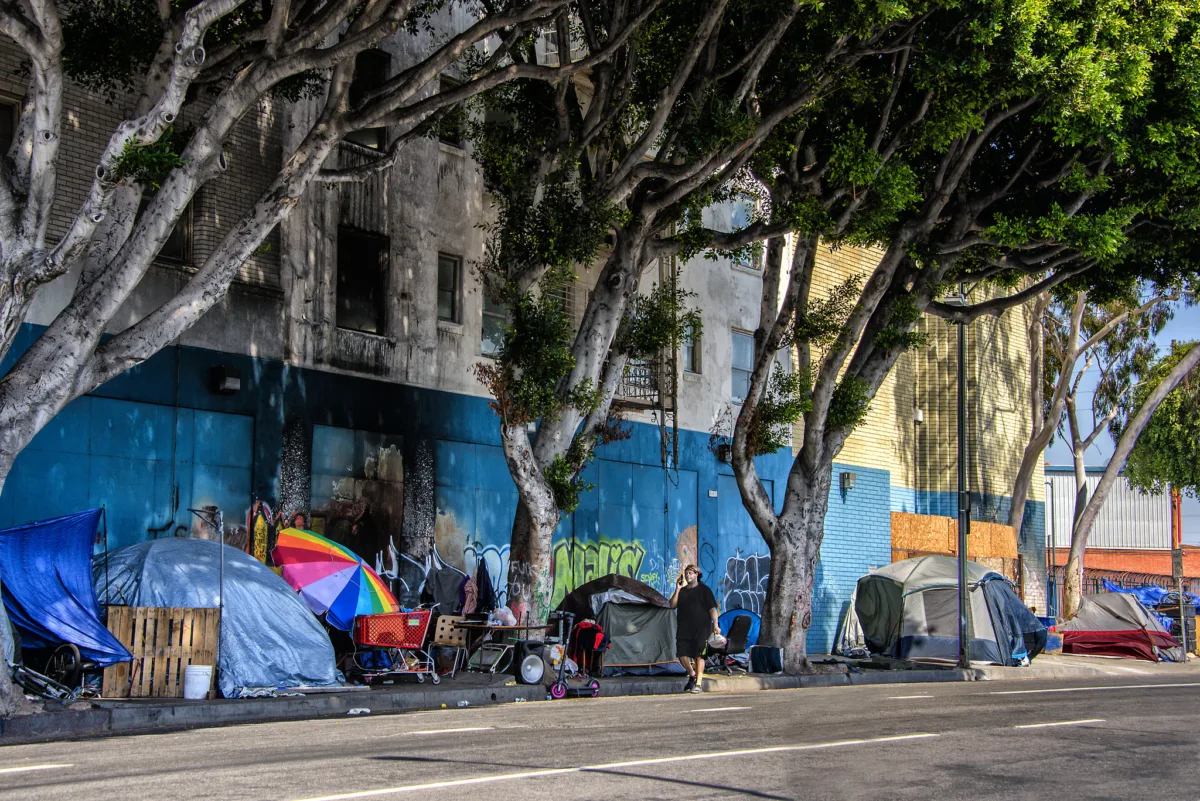
When we see police sweeping a homeless encampment, we must ask: How much did this cost? And what difference could that money have made if it went instead to housing—or, better yet, the people themselves?

In 2011, more than 6,600 people imprisoned in California stopped eating for 19 days to protest extreme isolation inside the state’s prisons. The protests lead to state hearings and a lawsuit.
Documents obtained by The Appeal show law enforcement warning of a “strong possibility” of anti-police violence by student protesters at Cal Poly Humboldt ahead of a sweep that led to mass arrests.
The overall crime rate is nearly as low as it’s been in decades, but that hasn’t stopped officials from pushing draconian measures likely only to fuel mass incarceration and harm public safety. It’s time for a different approach.
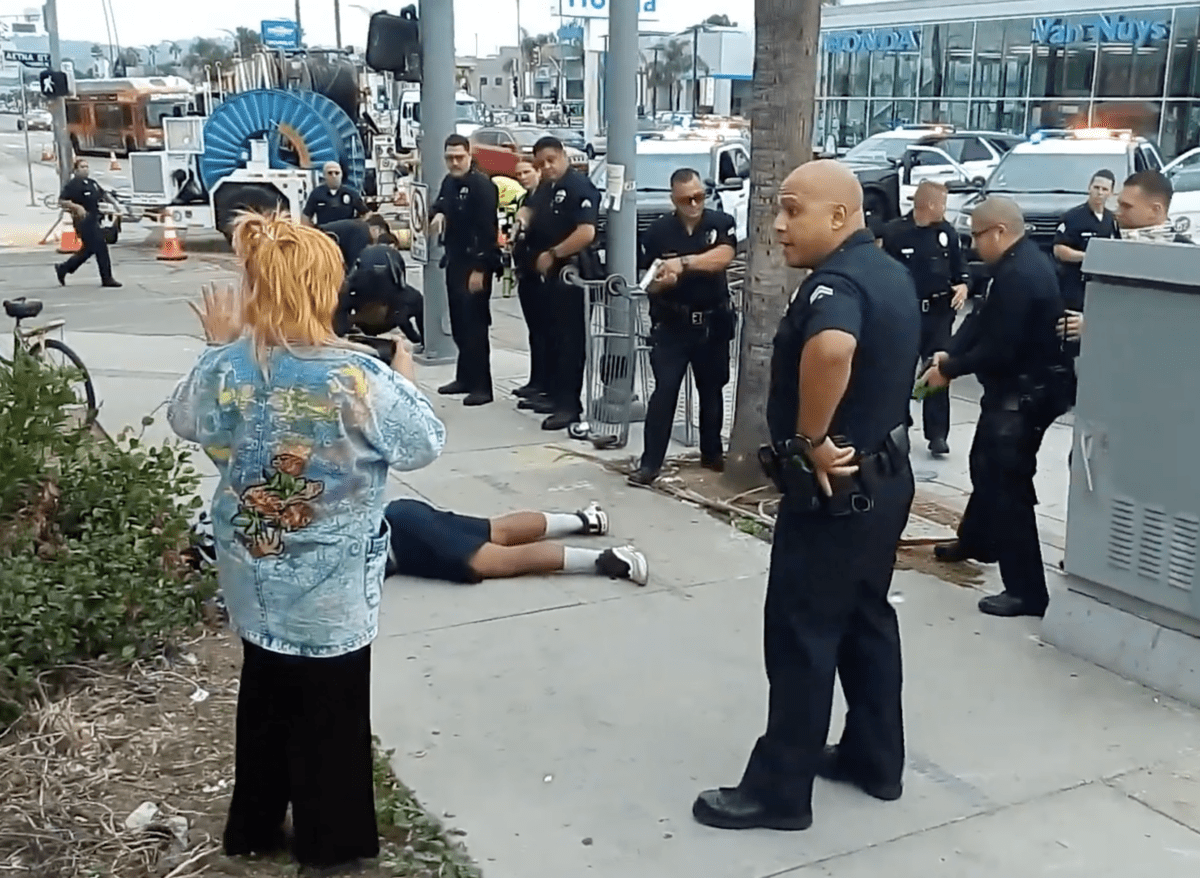
Fifteen members of the Los Angeles Police Department showed up to detain two Black men having an argument. The violent incident is the latest escalation against the community of unhoused people on Aetna Street in Van Nuys.
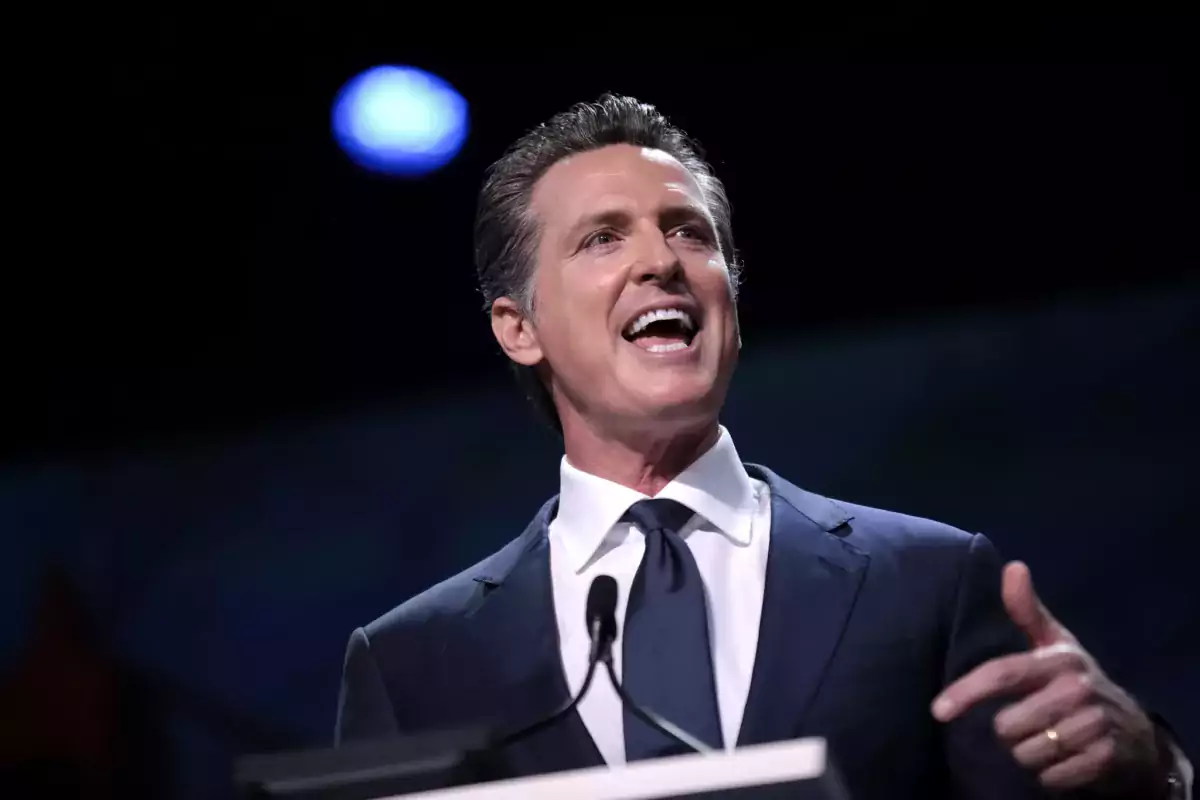
Gavin Newsom’s “California Model” of prison reform isn’t the step away from mass incarceration that it purports to be.
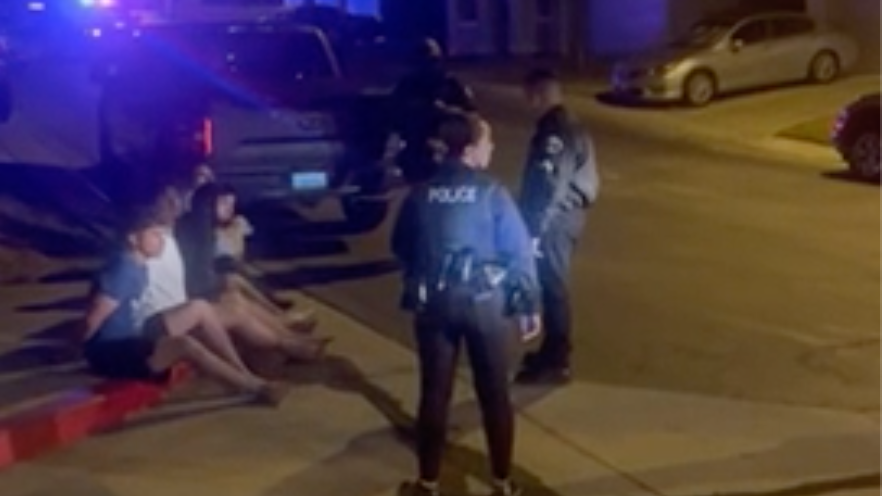
Police raided Ryan Cortez’s home after he participated in a protest against police harassment. On Oct. 6, a jury acquitted Cortez, but concerns over free speech remain.

A controversial death in Los Angeles this year underscores the broader failure of law enforcement agencies to keep accurate data on people who die in their custody.
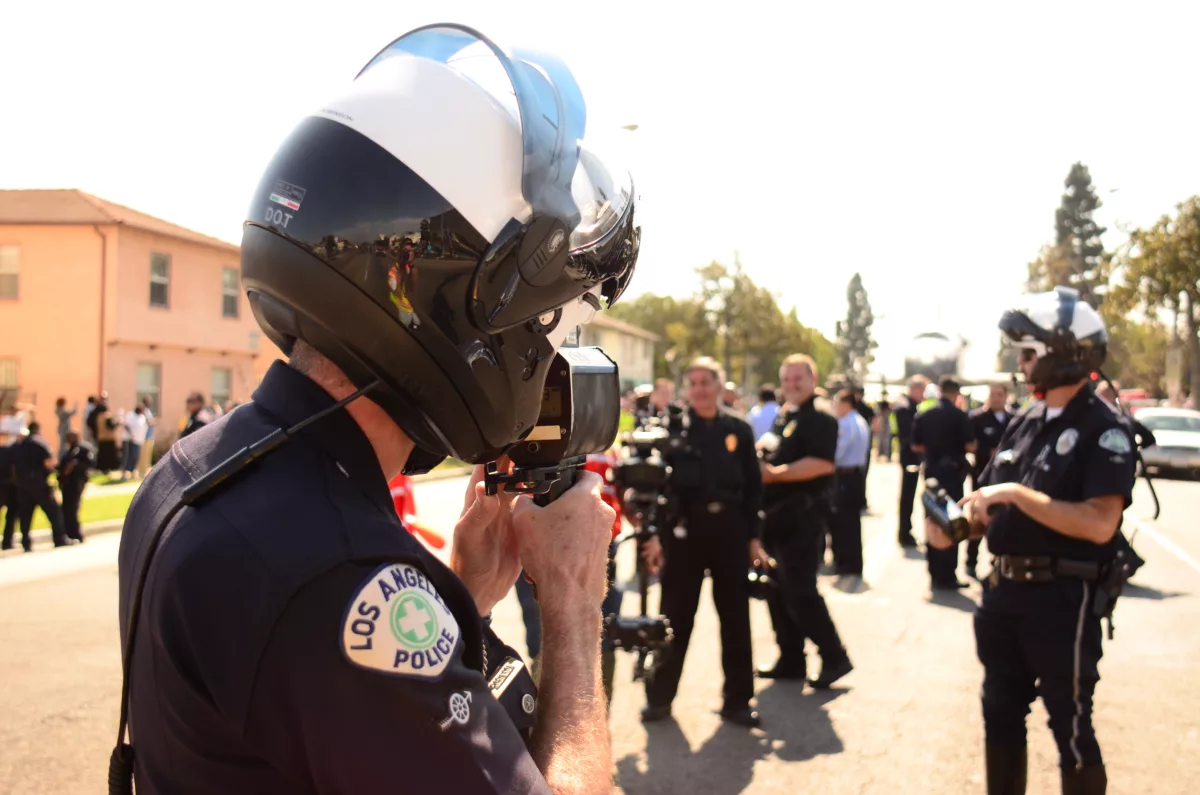
Police say they need pay raises to help with hiring and retention. But crime has been falling in LA, even as the department reports having its lowest number of officers in decades.
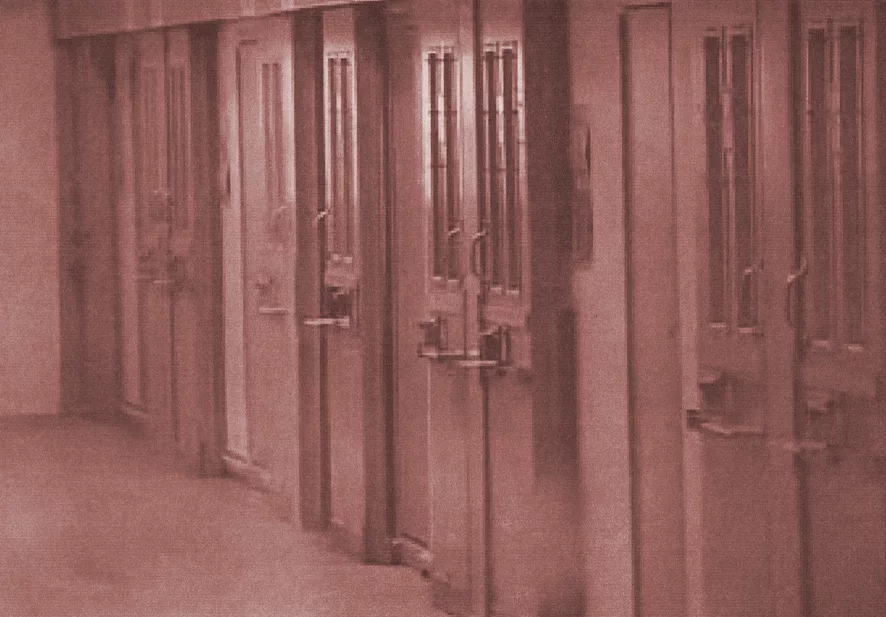
Ten years ago this month, nearly 29,000 people in California prisons staged a hunger strike to protest solitary confinement.
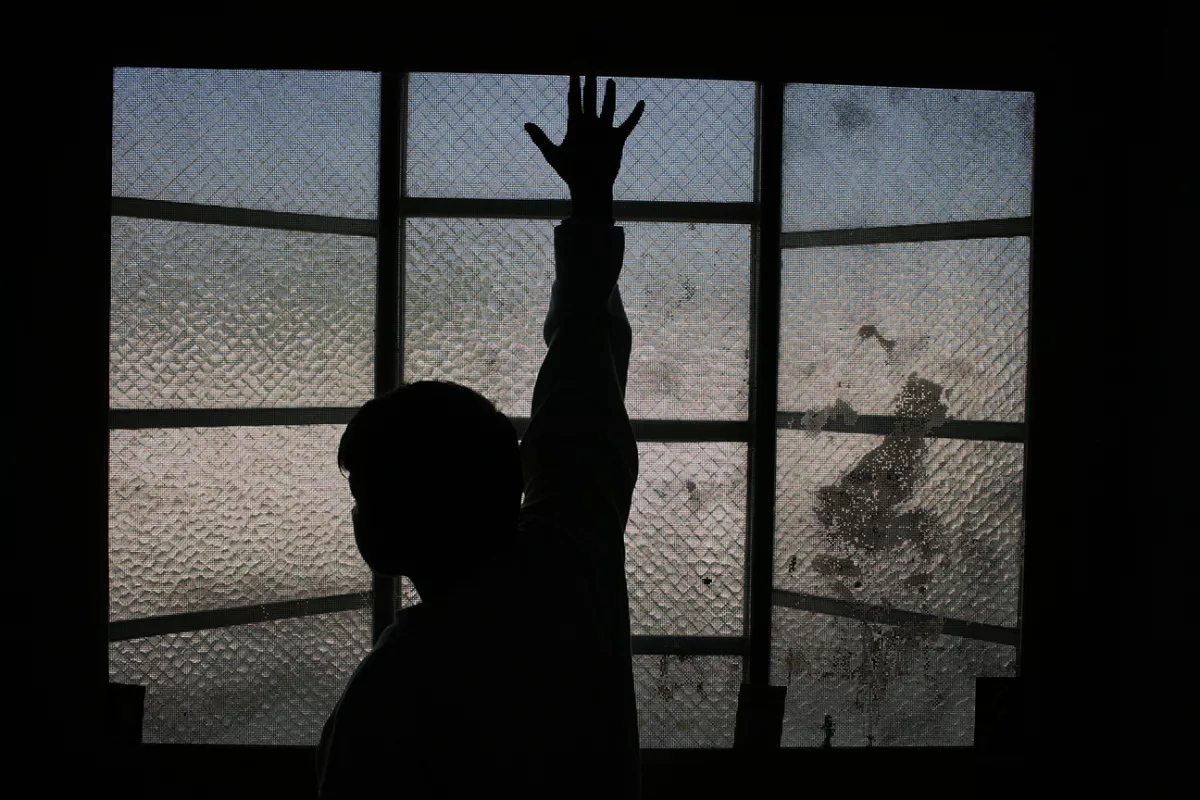
The third installment in The Imprint’s series on the fight to close California’s youth prisons.
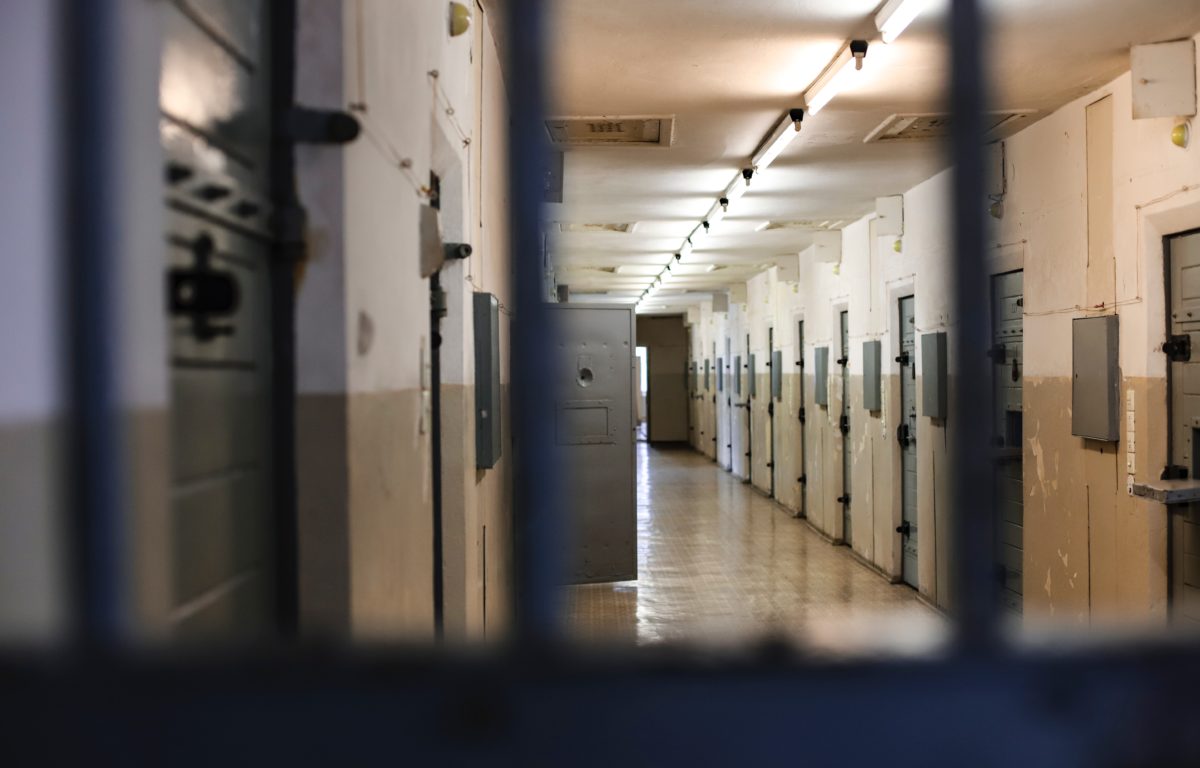
Youth in solitary confinement wrote letters to save their lives. One lawyer responded.
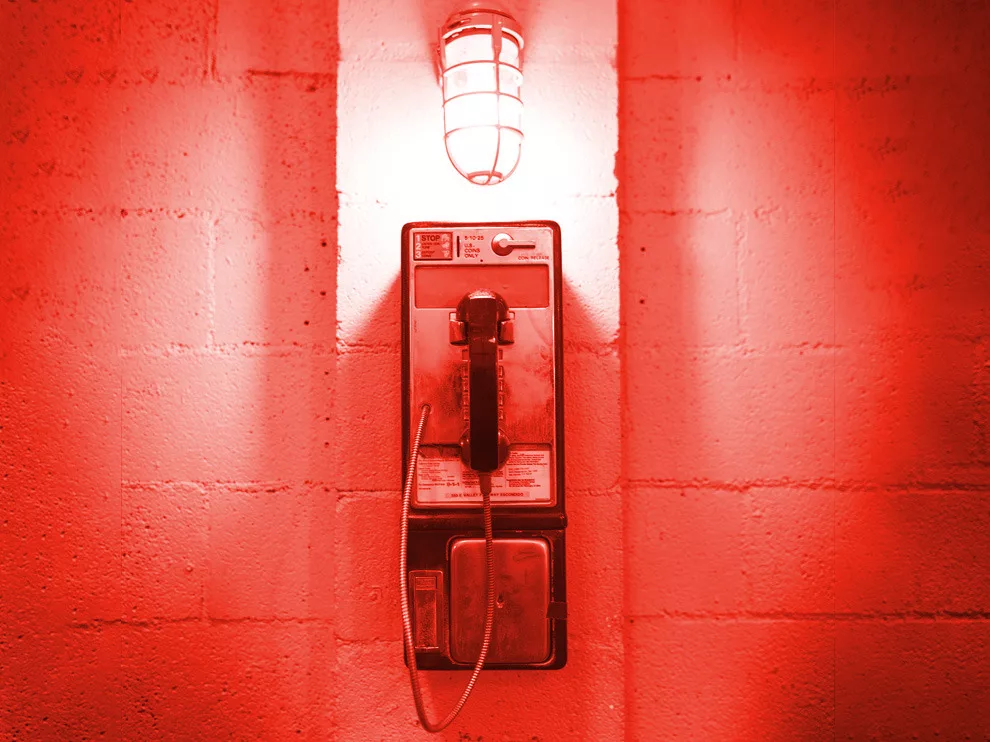
Months-long outages, equipment shortages, and unreliable service have plagued the roll out of new telecoms contract in California prisons.
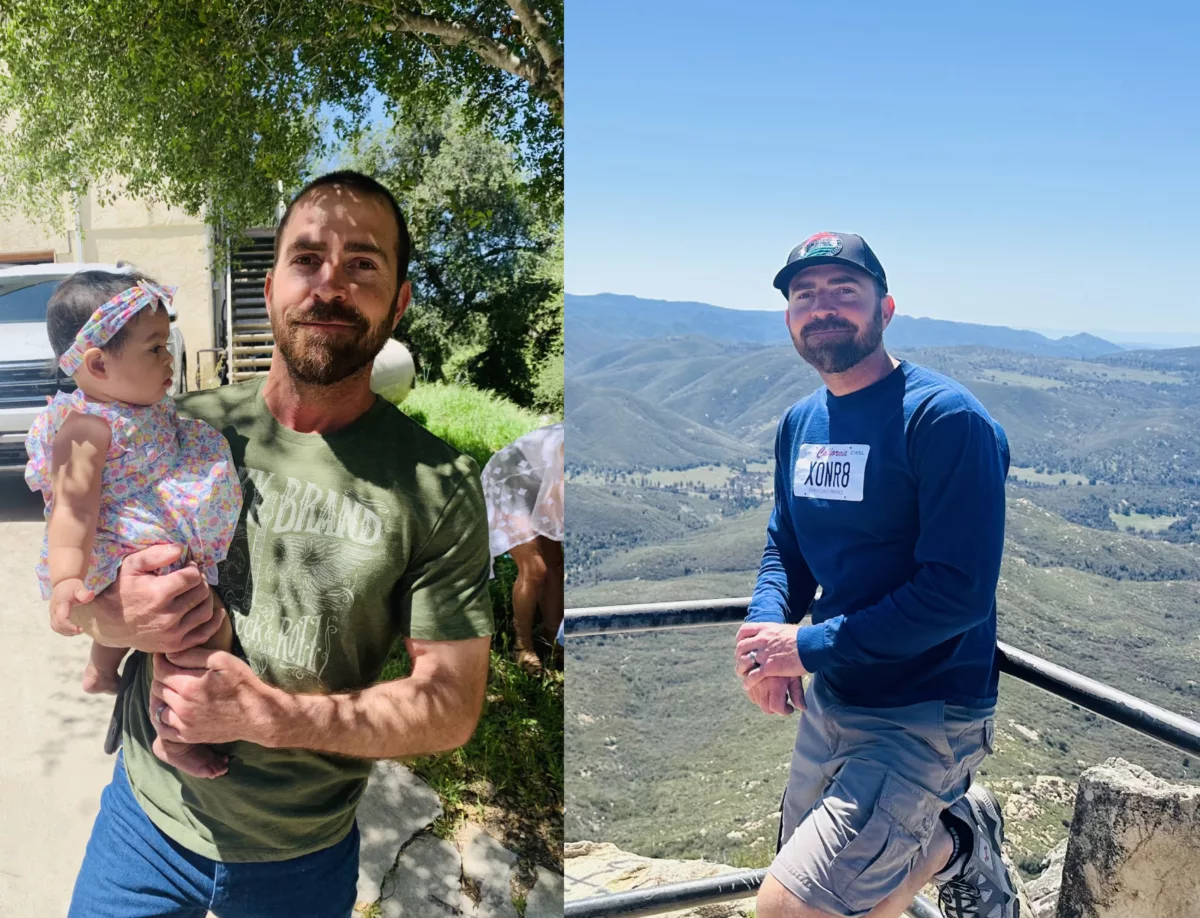
Uriah Courtney was sentenced to life in prison for a crime he didn’t commit. His conviction was overturned due to DNA evidence.
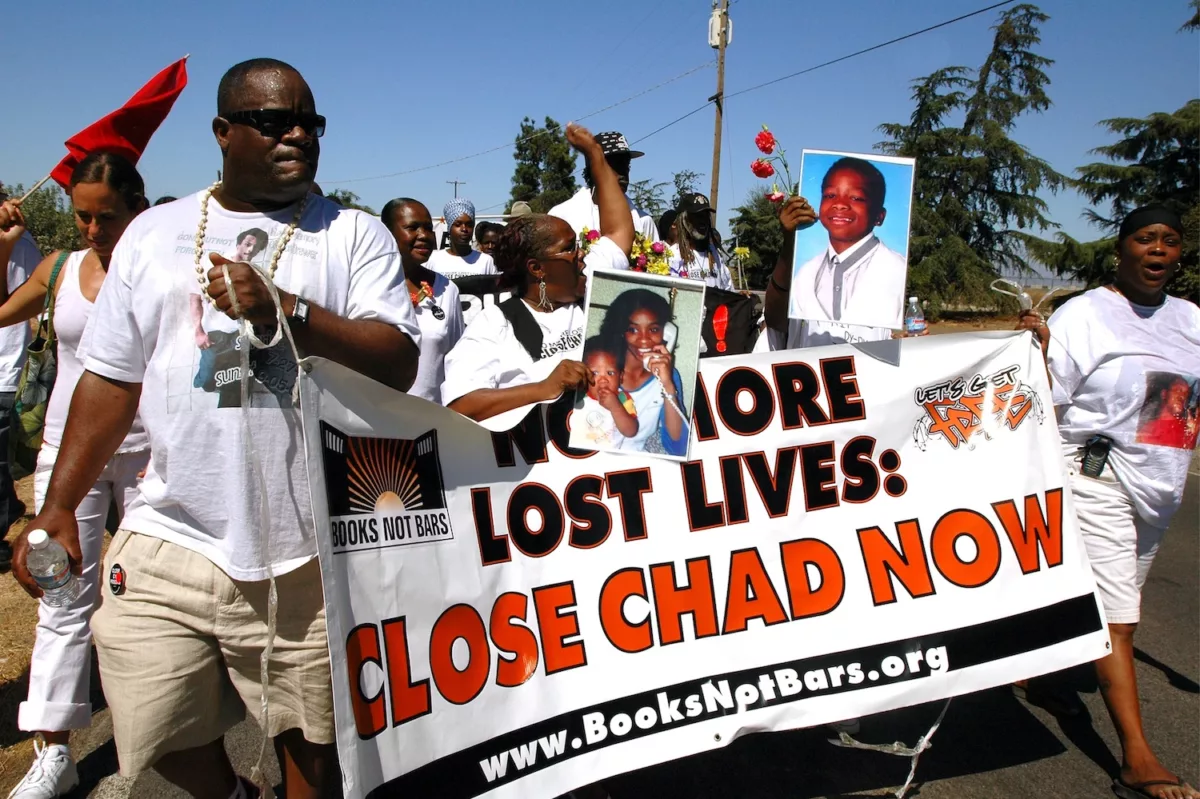
How a scrappy group of parents played a key but lesser-known role in the pending closure of the Division of Juvenile Justice

Years after legalization, the state’s growers say police are taking a “seize first, ask questions later” mentality toward marijuana enforcement, sometimes with heavily militarized operations that allegedly violate their rights.
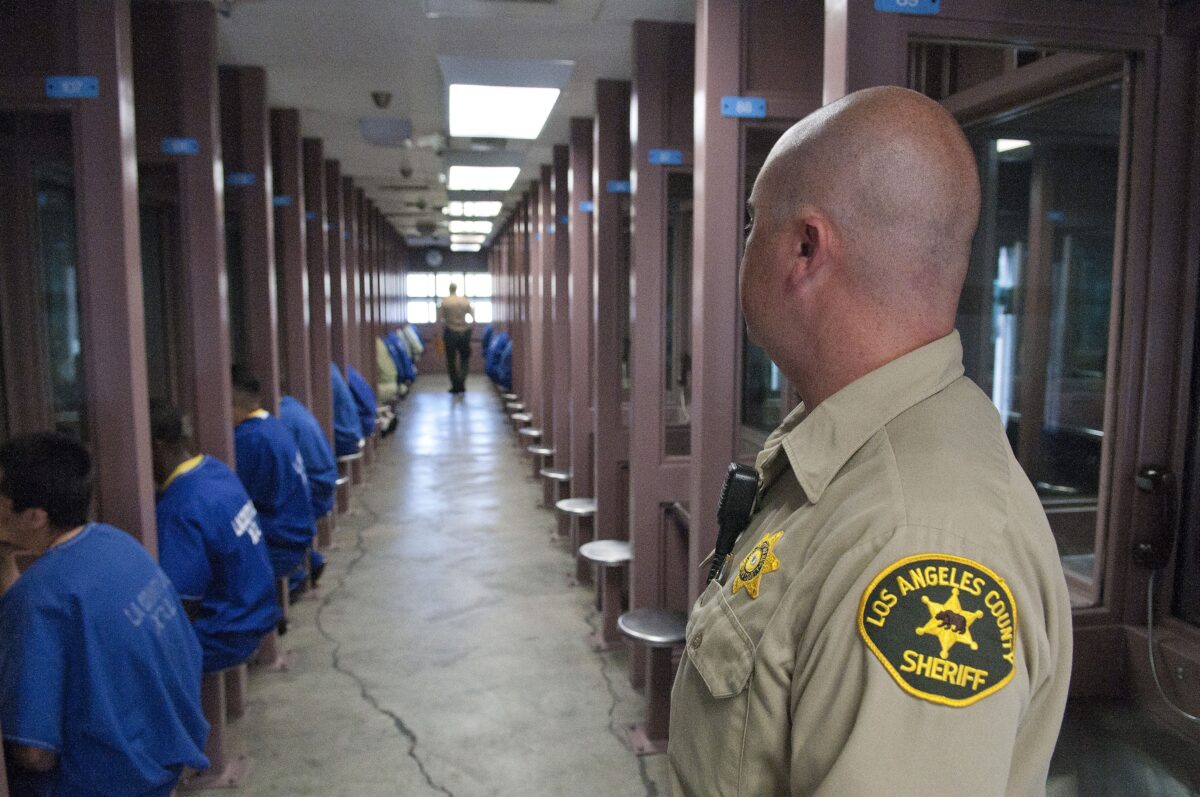
Los Angeles County is imprisoning more people with mental illness than it did a decade ago—but is failing to provide them with basic treatment. The U.S. Department of Justice says the county jail system is decrepit, dangerous, and unfit to house anyone—let alone people with mental illness.
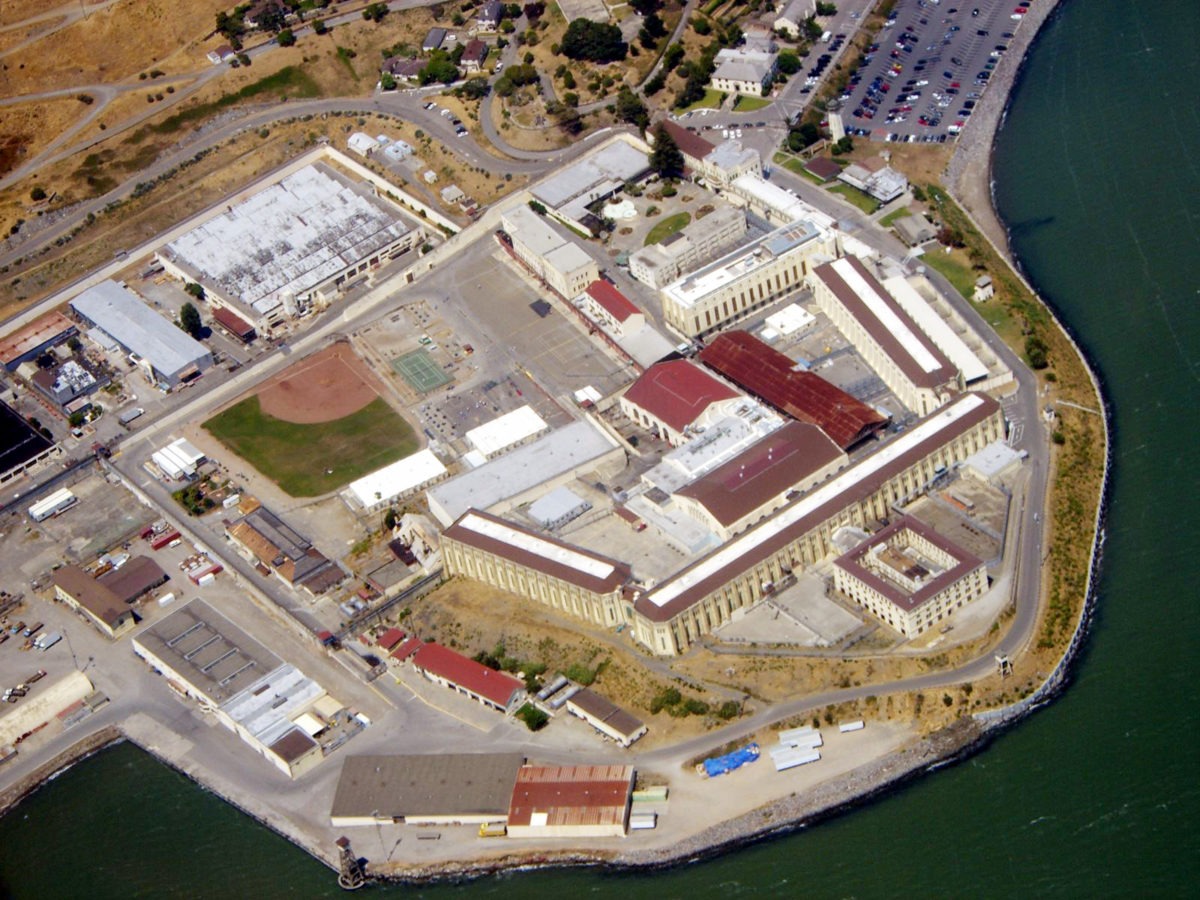
We’re still overcrowded and set up for disaster.

Newsom’s measure—called “CARE Court”—paves the way for family members, state officials, and first responders to force more unhoused people into court-ordered treatment programs for a period of up to two years.
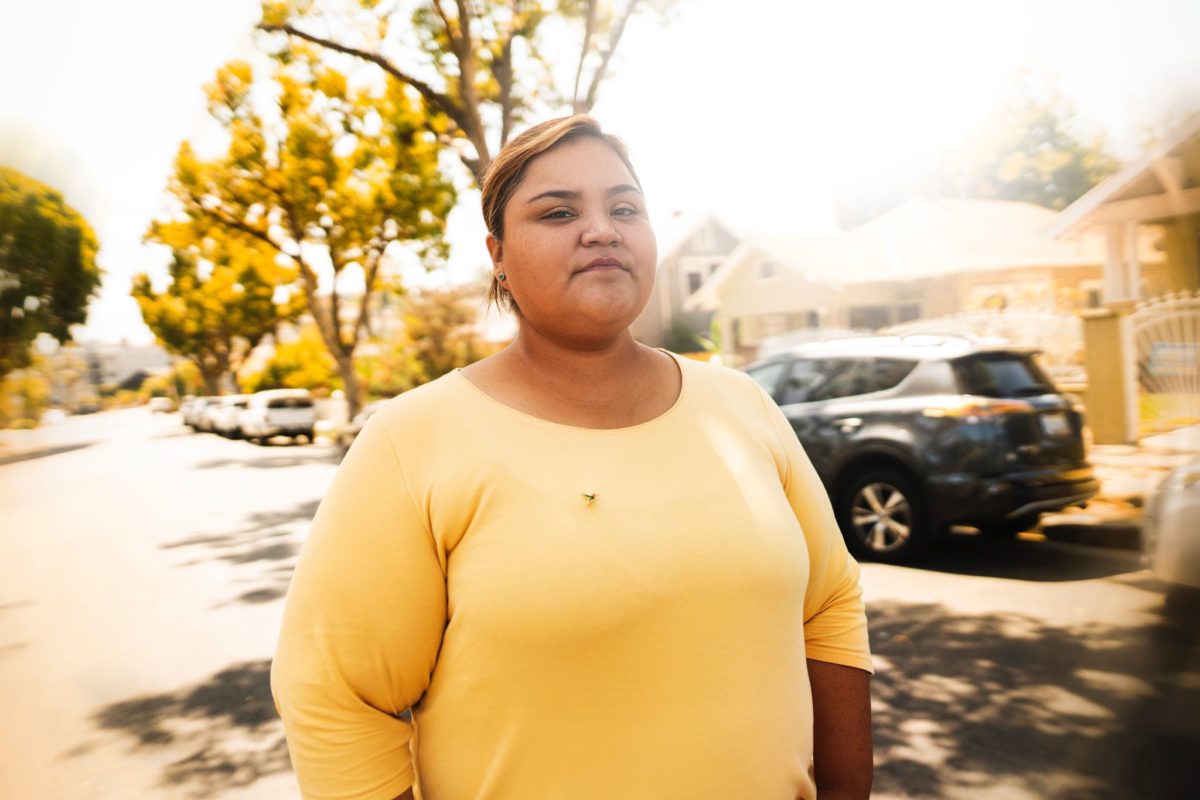
After a scandal engulfed some of L.A.’s most powerful politicians, a slate of progressive candidates is running on new approaches for tackling homelessness and mass incarceration.
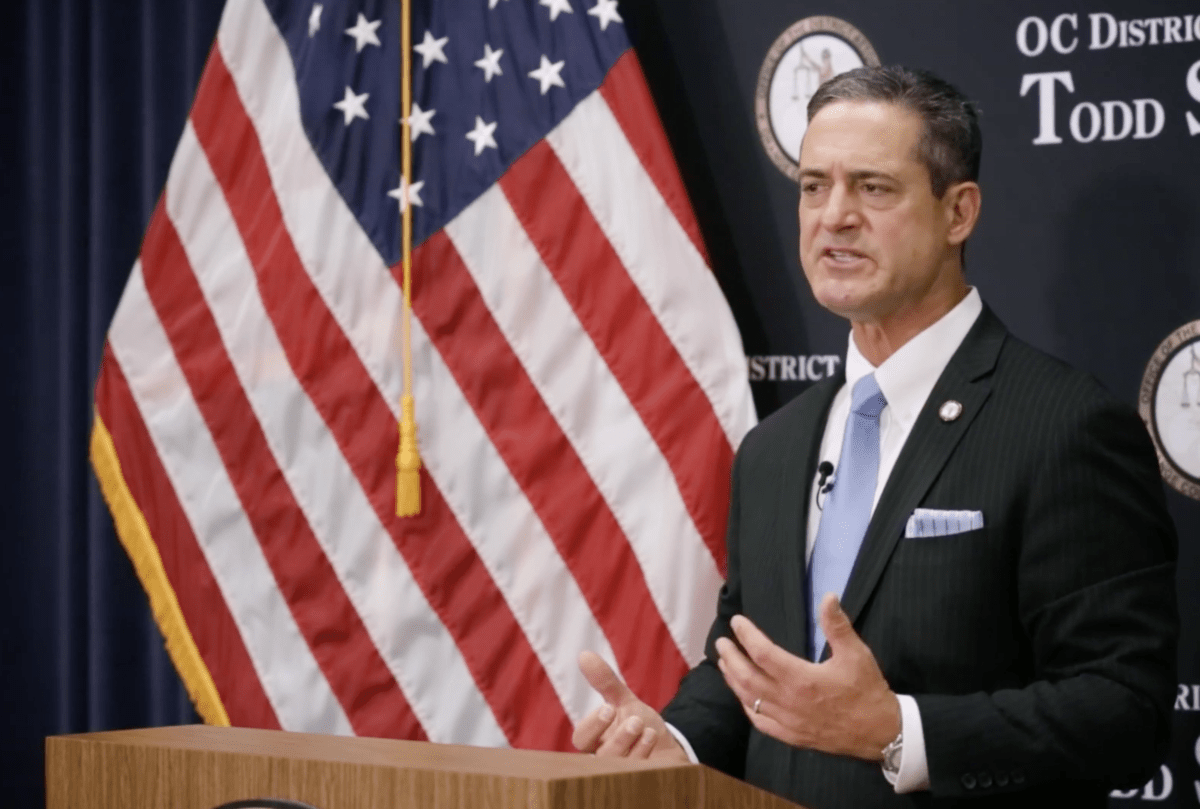
After a six-year investigation, the DOJ says Orange County law-enforcement unconstitutionally used jailhouse informants to elicit confessions and incriminating evidence from people for years.
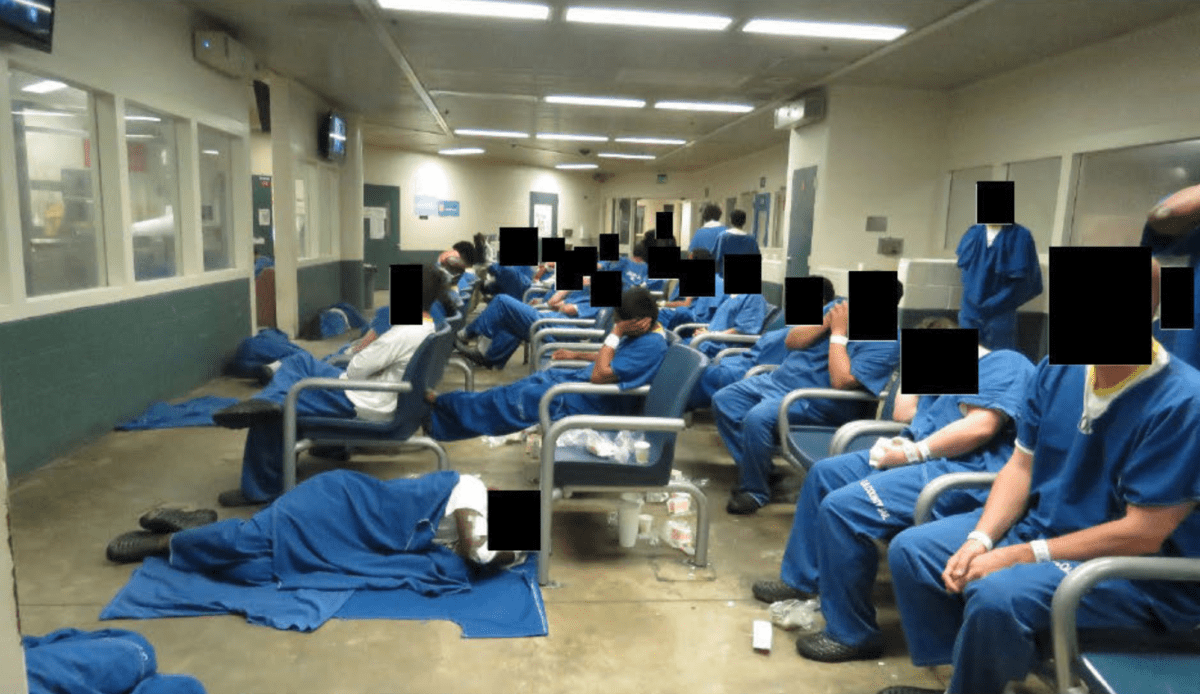
County officials agree that conditions have deteriorated at L.A.’s Inmate Reception Center. But they’re resisting calls for substantive change.
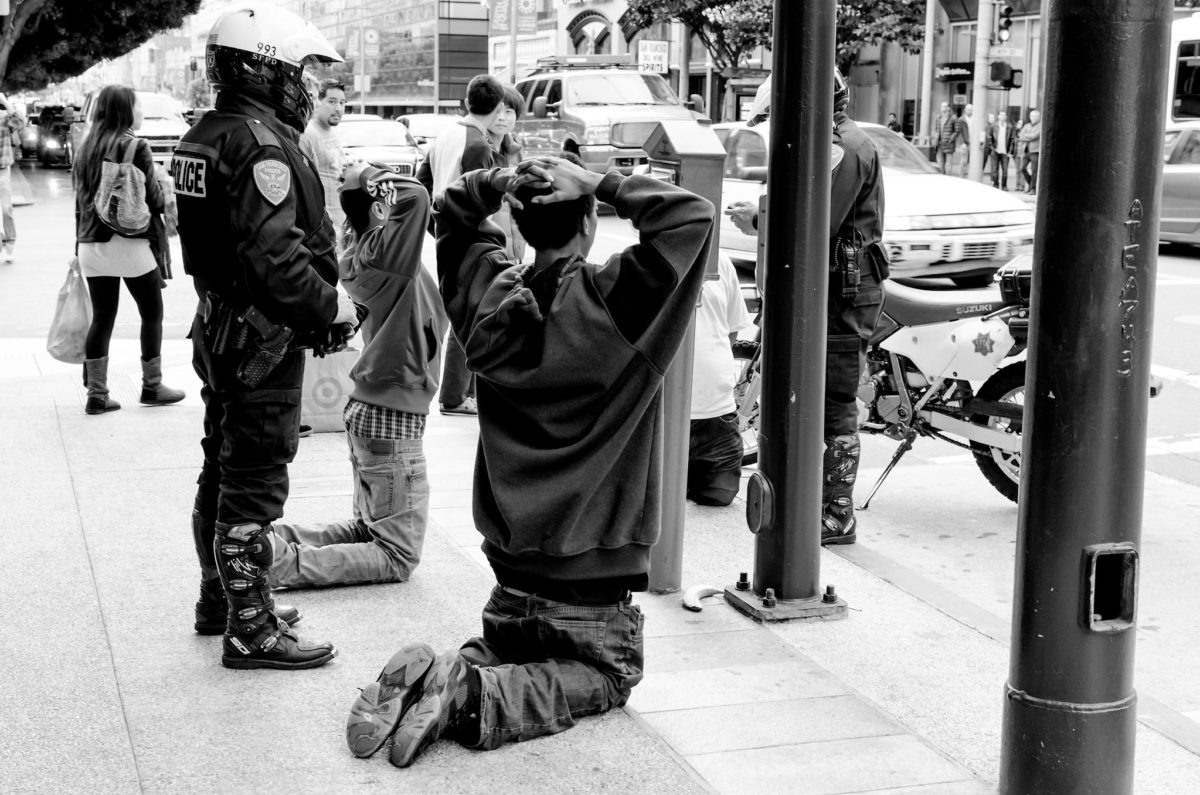
If Brooke Jenkins fails to deliver results with “tough-on-crime” policies, will San Franciscans blame her, just as they did her predecessor, Chesa Boudin?
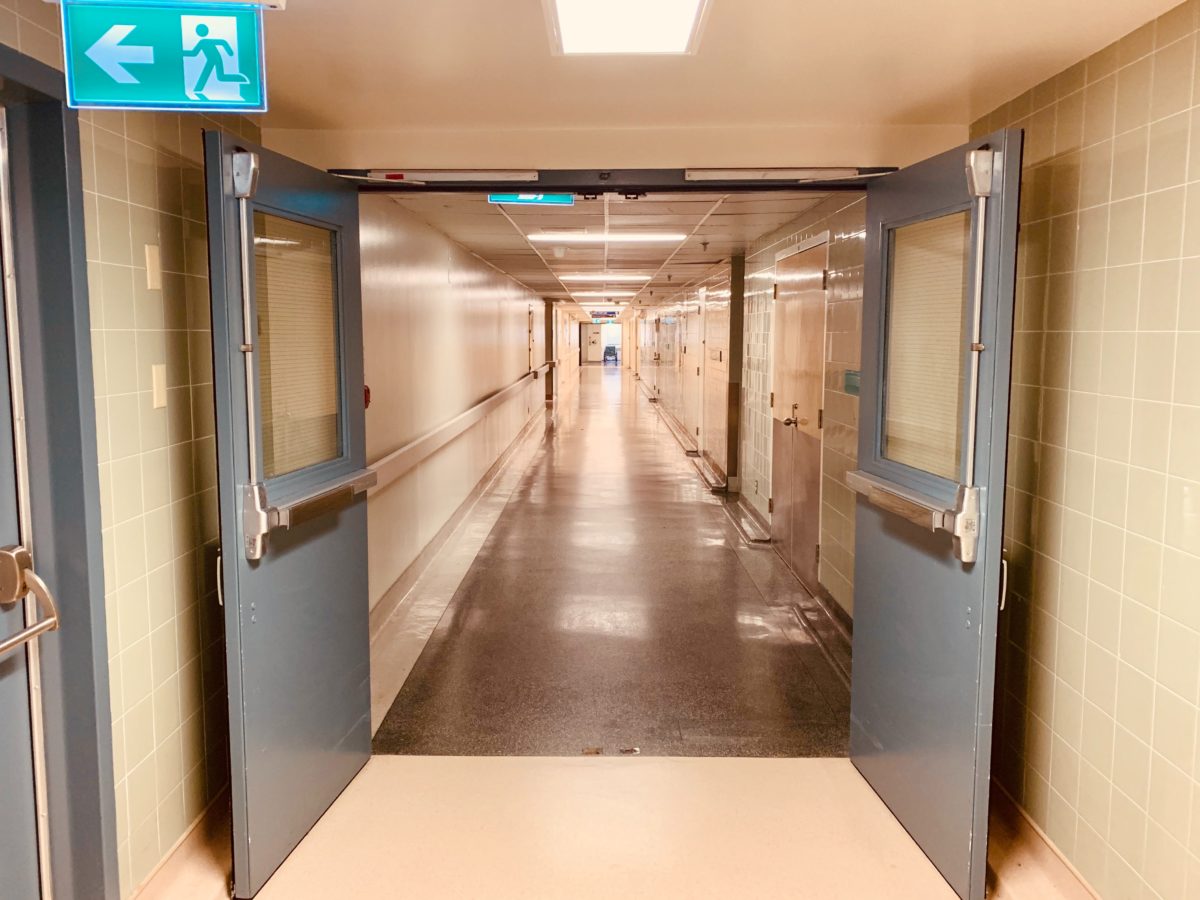
Advocates of assisted outpatient treatment say it could reduce homelessness and mass shootings. Critics call it incarceration by another name.

In Stockton, California, a police-free gun violence prevention program is standing firm against the tough-on-crime backlash.
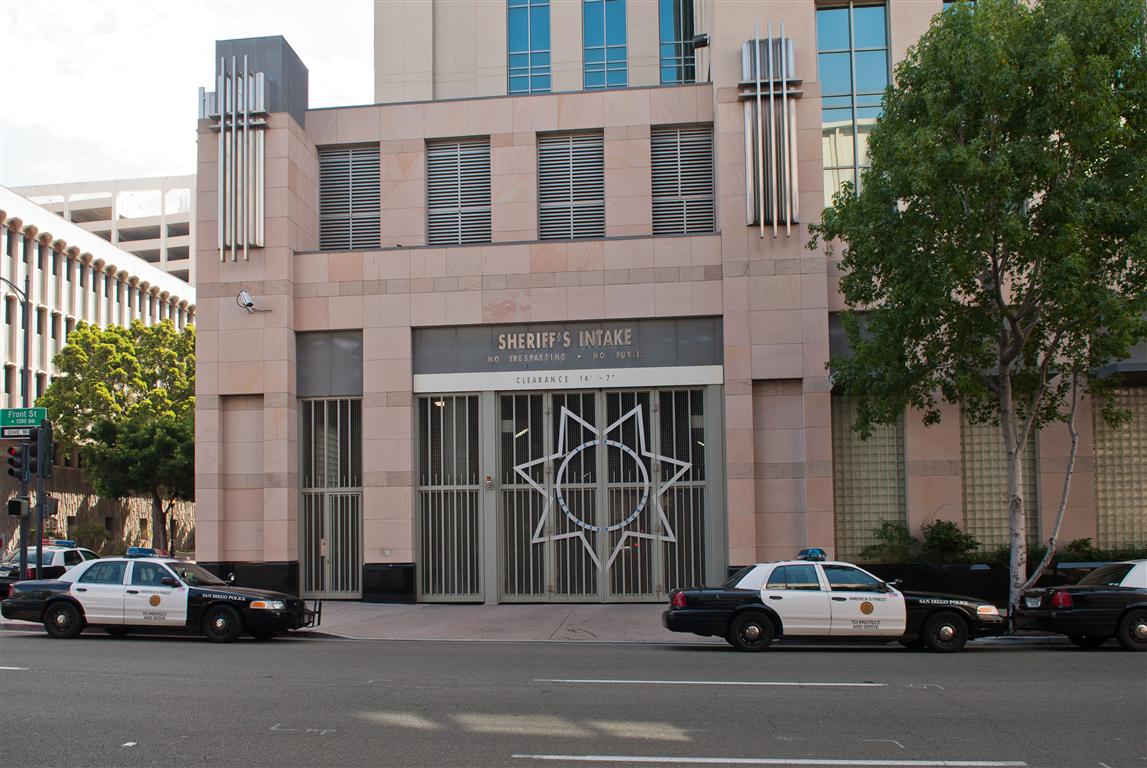
What do you do with people who are repeatedly failed by social services and the legal system?
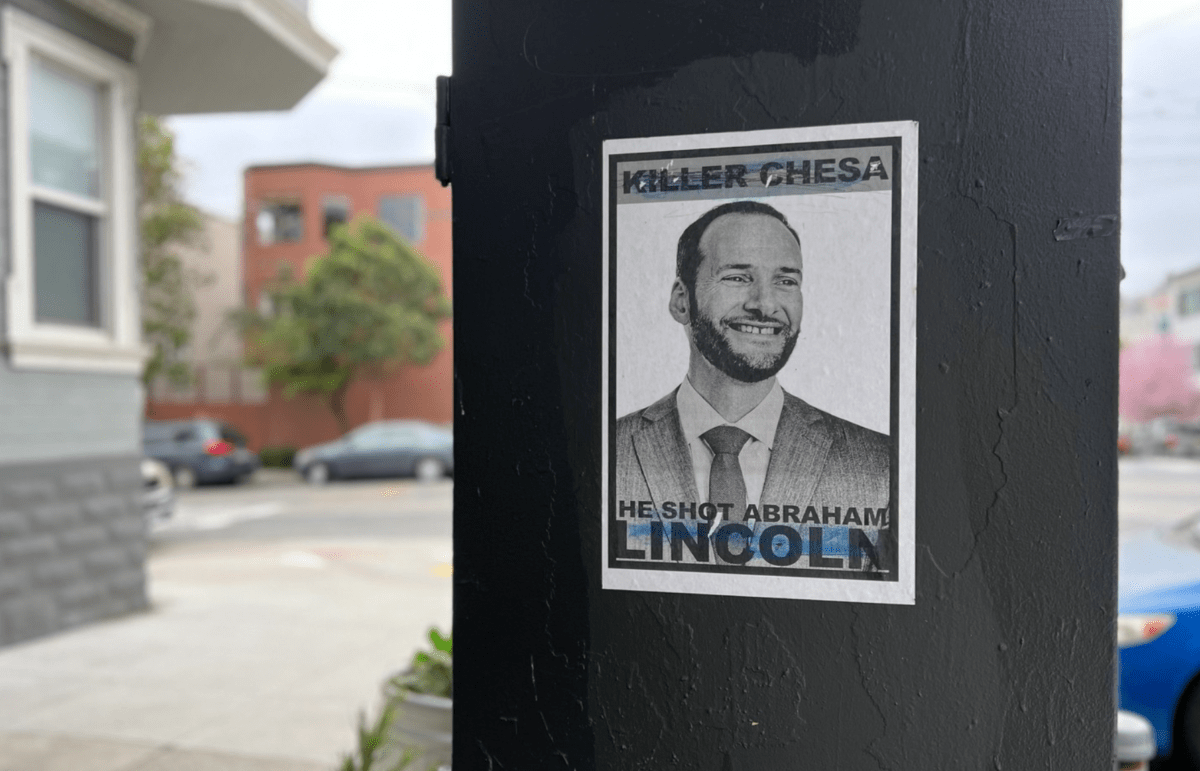
For the wealthy backers of the Boudin recall, “progressive” prosecutors are the perfect scapegoat for what they see as threats to a system that treats them just fine.
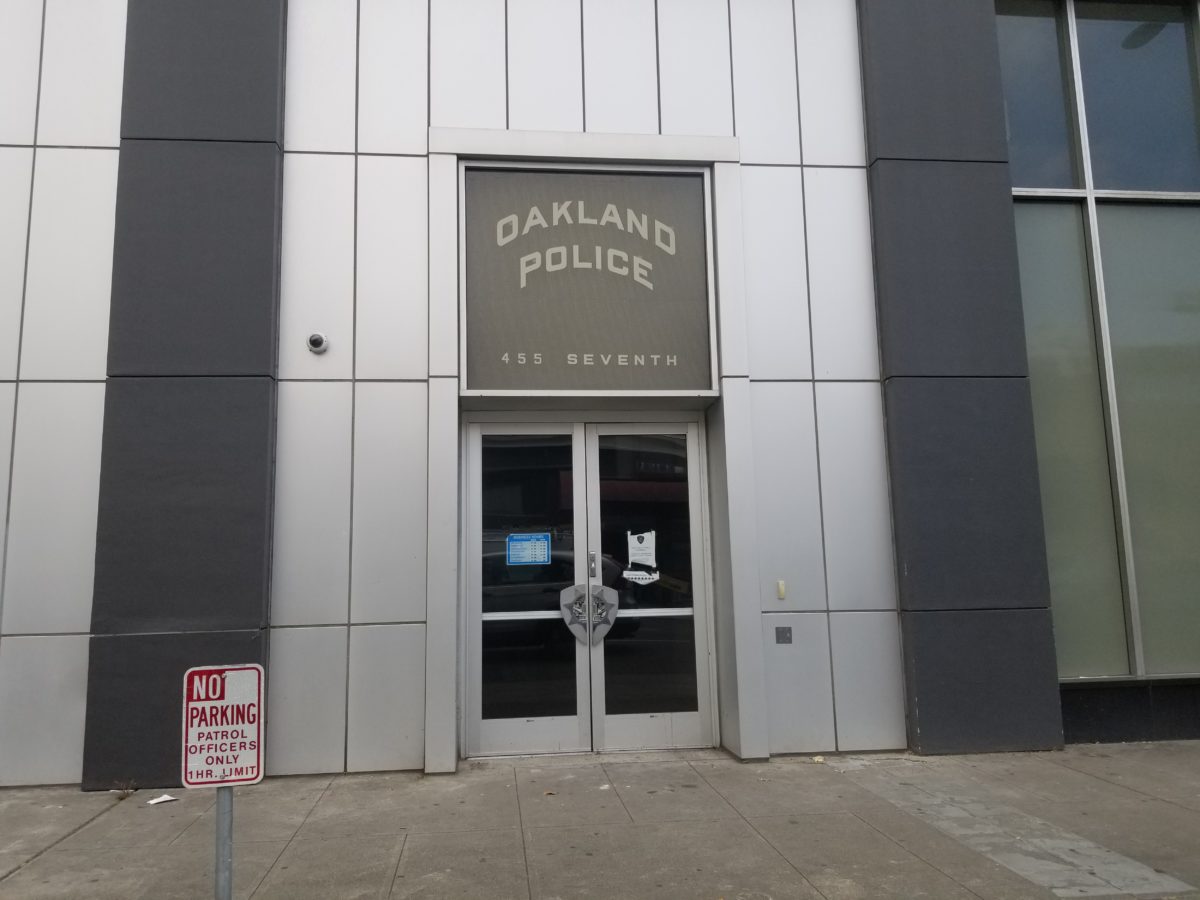
In the ’90s, the city passed a policy requiring the police department to pay some of their own legal costs. There’s no evidence that the department ever paid up.

There’s a growing business crafting law enforcement narratives about police shootings and officer misconduct.
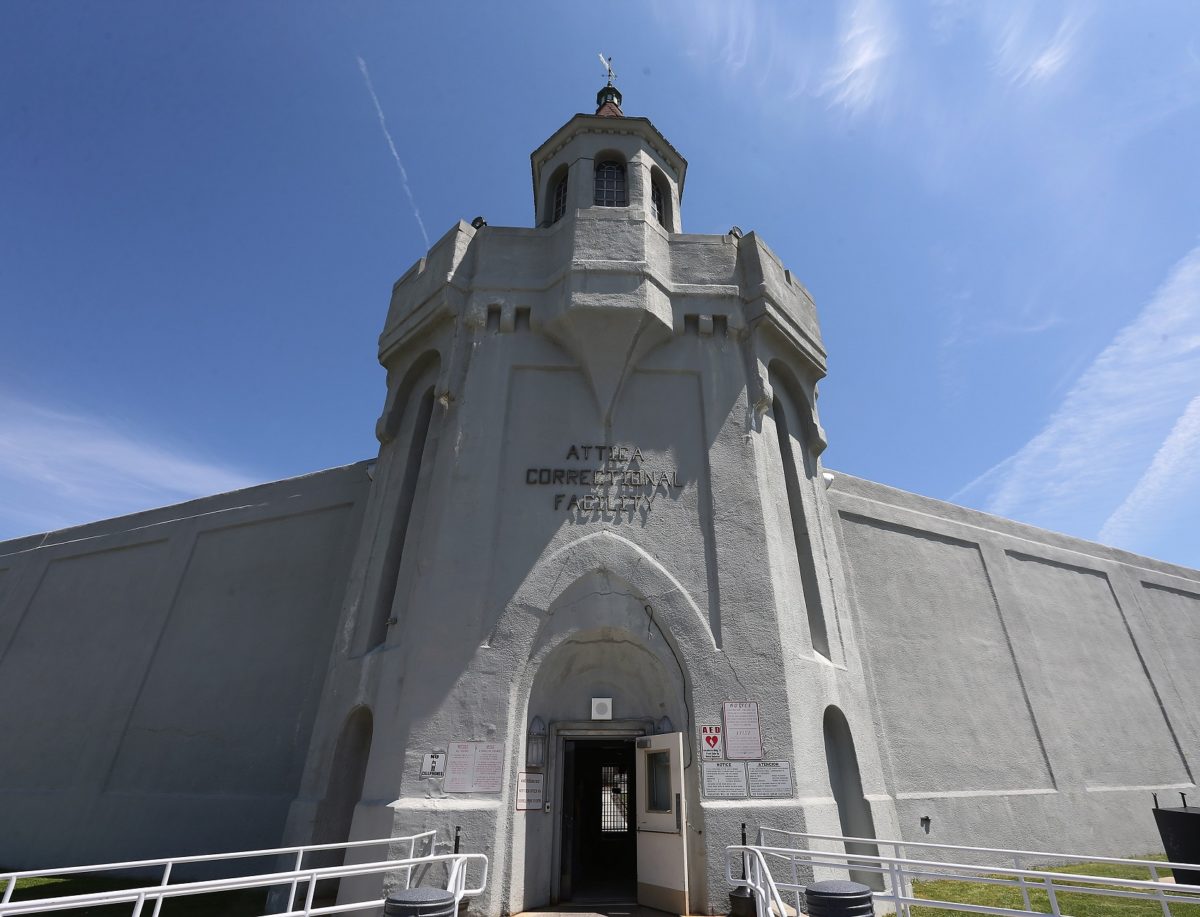
Leaving prison often hinges on completing rehabilitative programming. The pandemic caused many of these required courses to be put on hold.